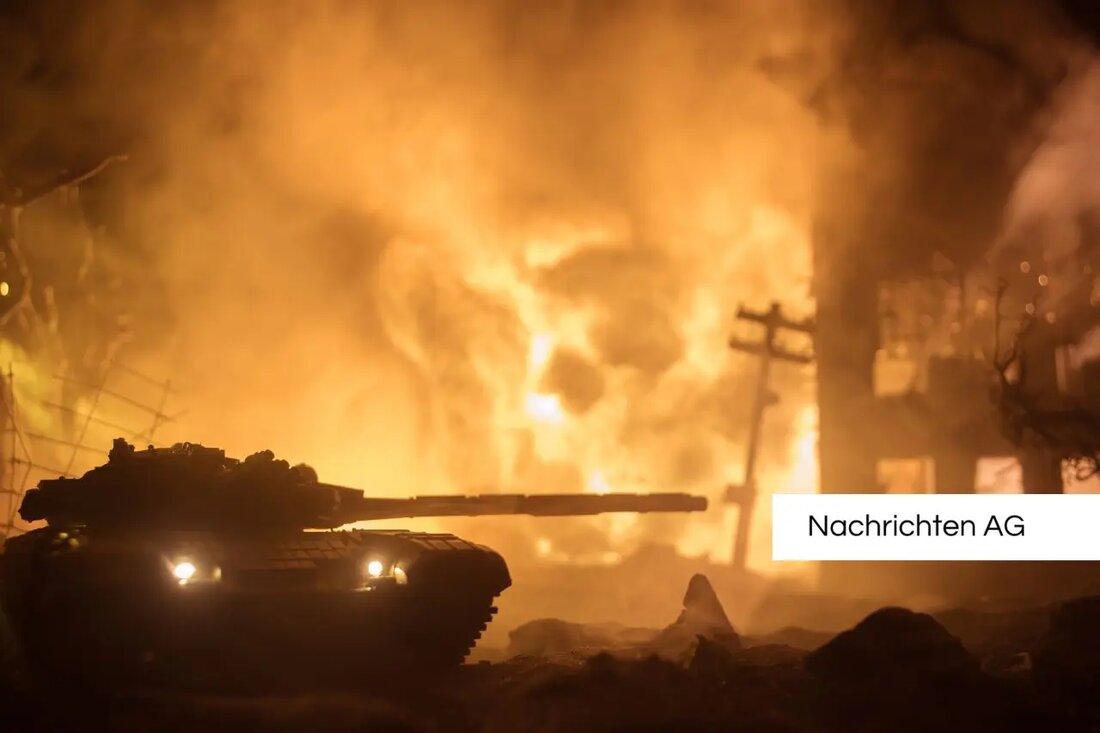A contemporary witness tells: Helmut Bechtoldt returns to his bombed home
A contemporary witness tells: Helmut Bechtoldt returns to his bombed home
On May 8, 2025, Helmut Bechtoldt, 98 years old, returned to Bad Kreuznach, where he spent his childhood. This return has a special emotional value, since the city was strongly bombed in the Second World War. Bechtoldt looks back on an eventful time in which he was called to the Reich Labor Service as a 17-year-old in February 1944 and then transferred to the Wehrmacht. In the following years he served on the Eastern Front, including in Eastern and West Prussia as well as in the fighting areas around Elbing, Gotenhafen, Danzig and Gdansk Werder. These memories are not only personal contemporary witness reports, but also part of a broader reflection on World War II and its effects on society. According to Rhein-Zeitung , this article is part of a series that is intended on May 8, 1945, on the second world war officially ended.
Bechtoldt's return is not only a visit to the remains of his past, but also an opportunity to reflect on the massive destruction that many German cities have suffered during the war. This destruction was not only physical in nature, but also left deep mental wounds among the survivors, which is clear by the return of Bechtoldt.
The consequences of the war
Bechtoldt's experiences are part of a greater narrative about the consequences of the war. According to bpb.de , many Soviet soldiers experienced significant difficulties during and after the great Patriotic War. These soldiers often got into captivity under extreme conditions, which led to physical and mental injuries.
In addition to the physical wounds, many former prisoners of war suffered social rejection and repression. They were treated with unfounded distrust, and their families often received no financial support. Painting officers were often degraded without fair legal proceedings, which illustrates the harassment and injustice that was associated with captivity.
A decision by the Central Committee of the KPDSU and the Council of Ministers of the USSR in 1956 aimed to remove some of these injustices. This included the conviction of political distrust against former military members and their restoration in society. Such measures are an important step to deal with the consequences of the war, such as the Brilmayer-Gesellschaft Notes.
The return of Bechtoldt and the associated memories illustrate how important it is to deal with your own history and to integrate the consequences of war into social awareness. Every experience, every testimony such as that of Bechtoldt, contributes to the collective memory and the warning of future generations to draw the teachings from history.
| Details | |
|---|---|
| Quellen | |


Kommentare (0)